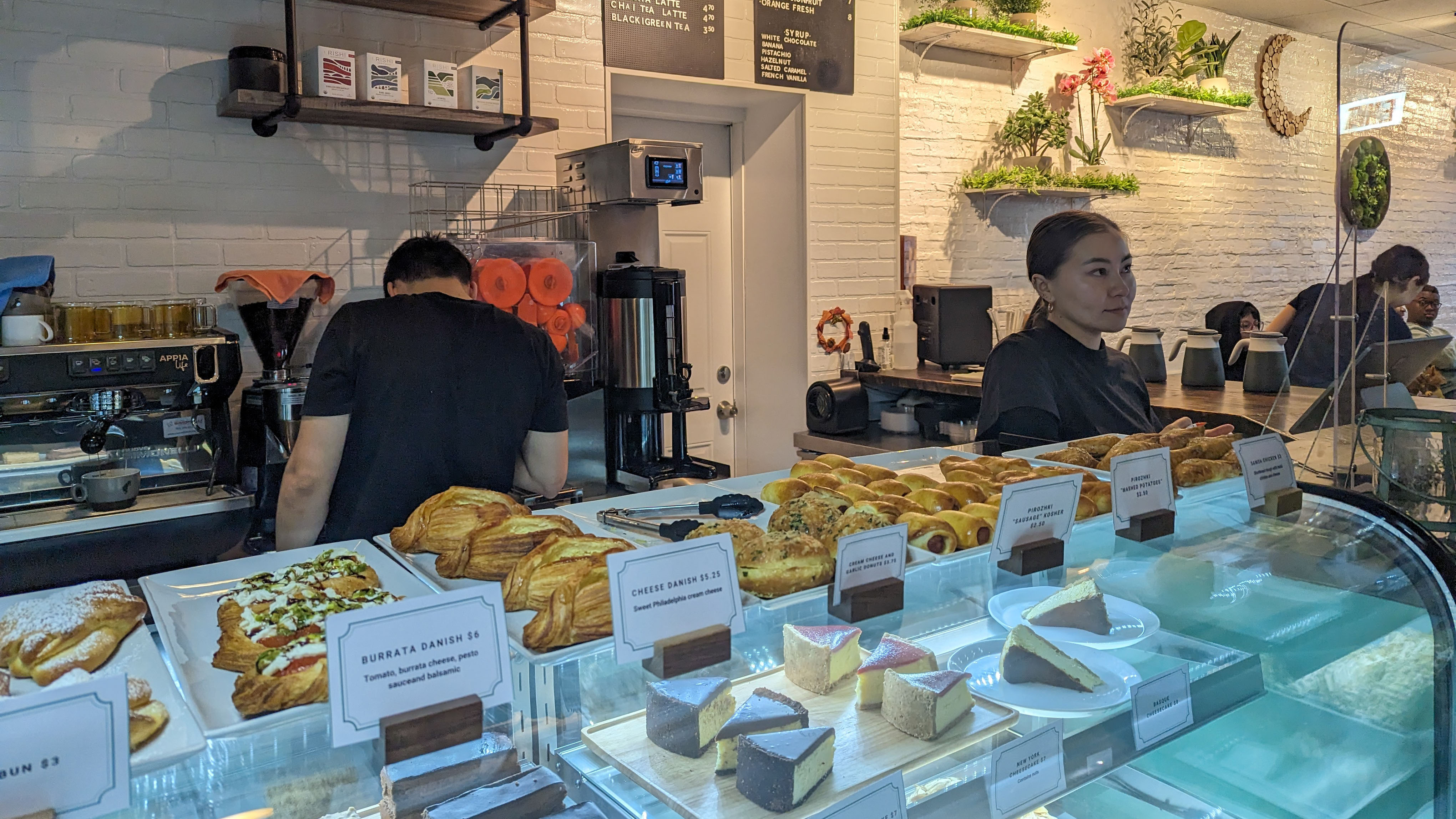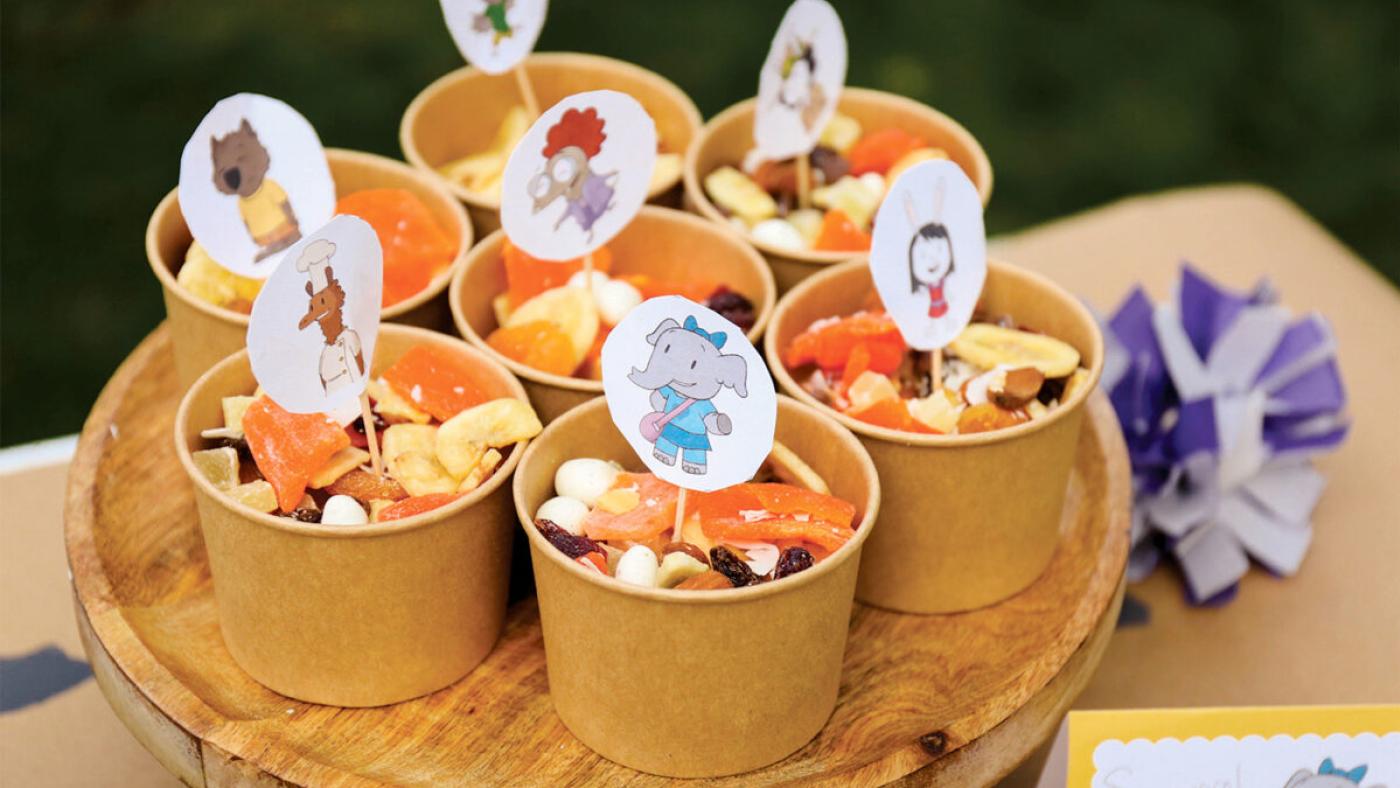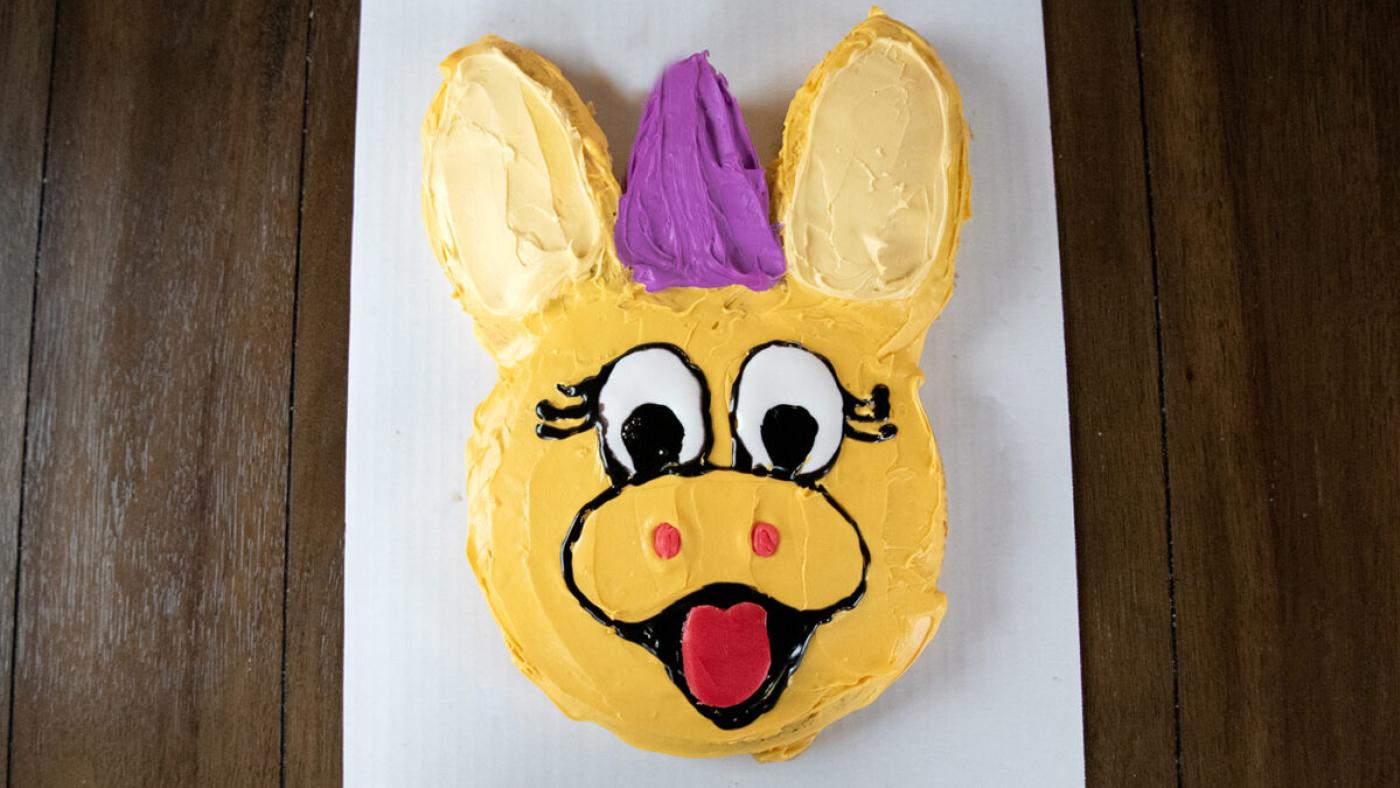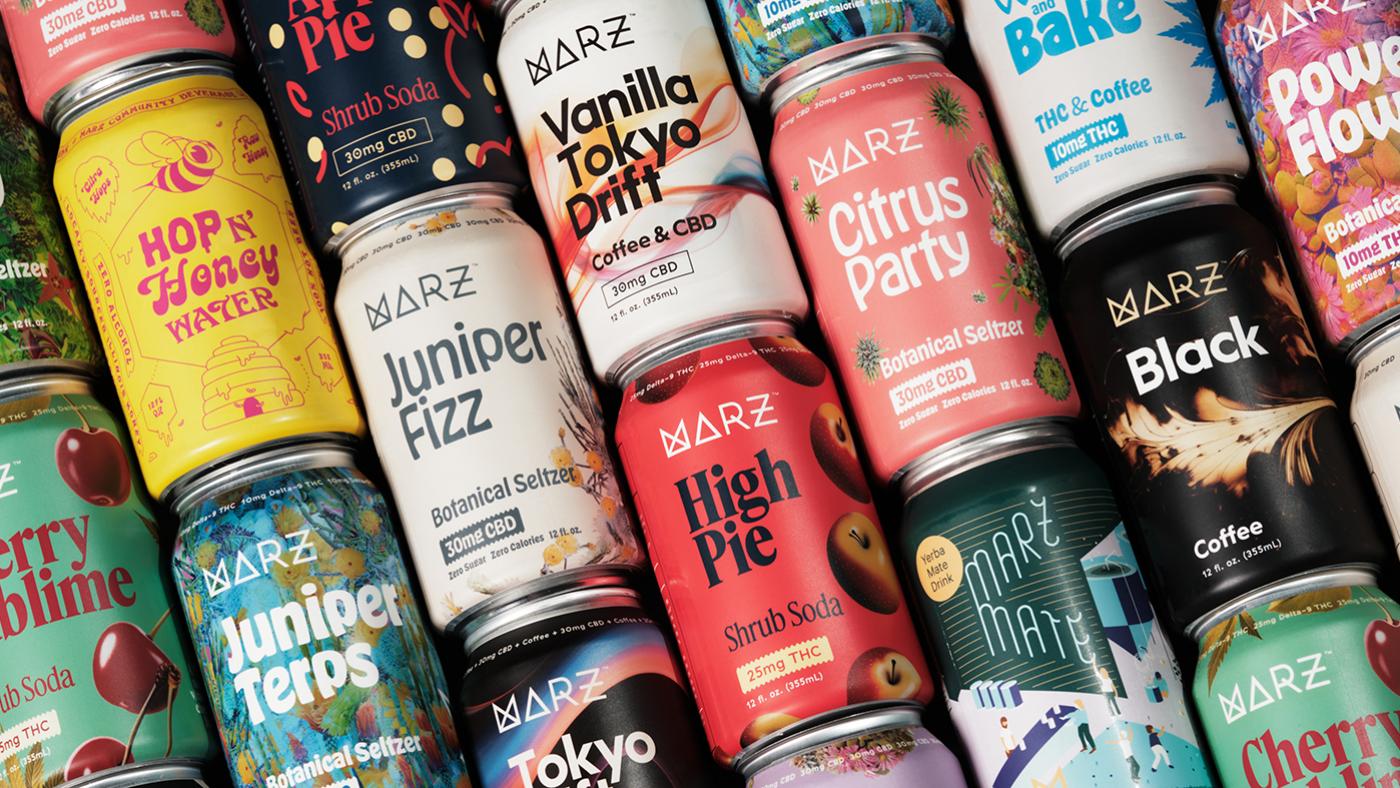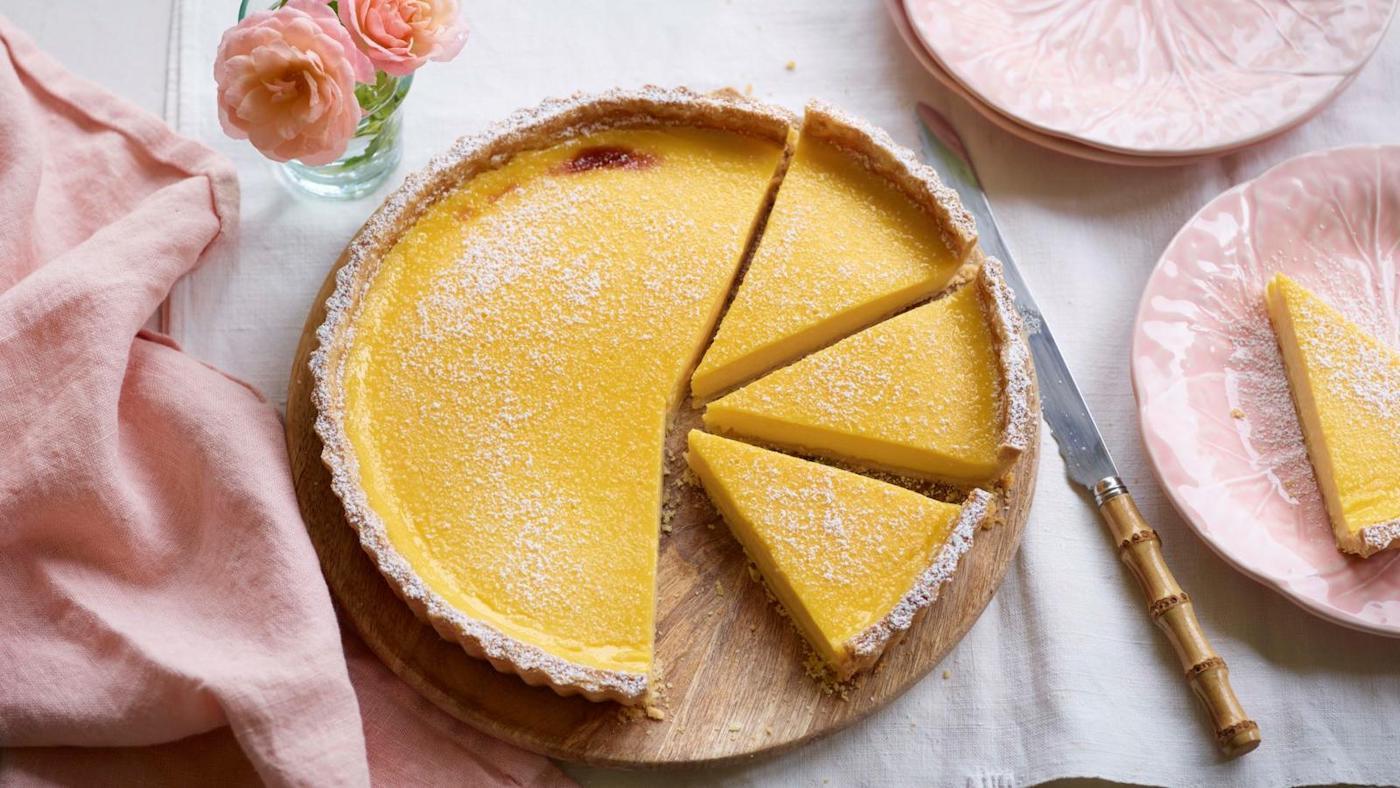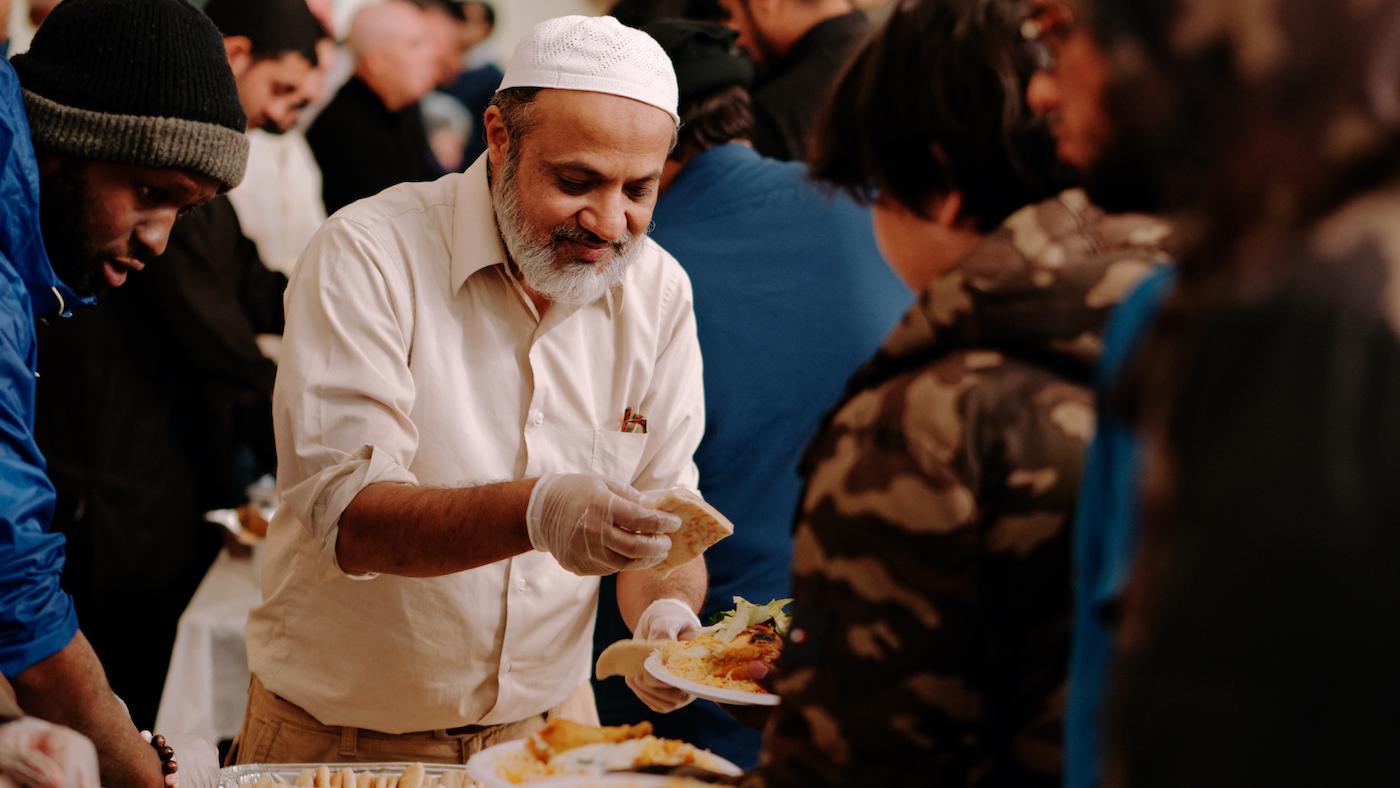A Chicago Guide to the Border-Crossing Cuisine of Central Asia
Lisa Futterman
December 21, 2023
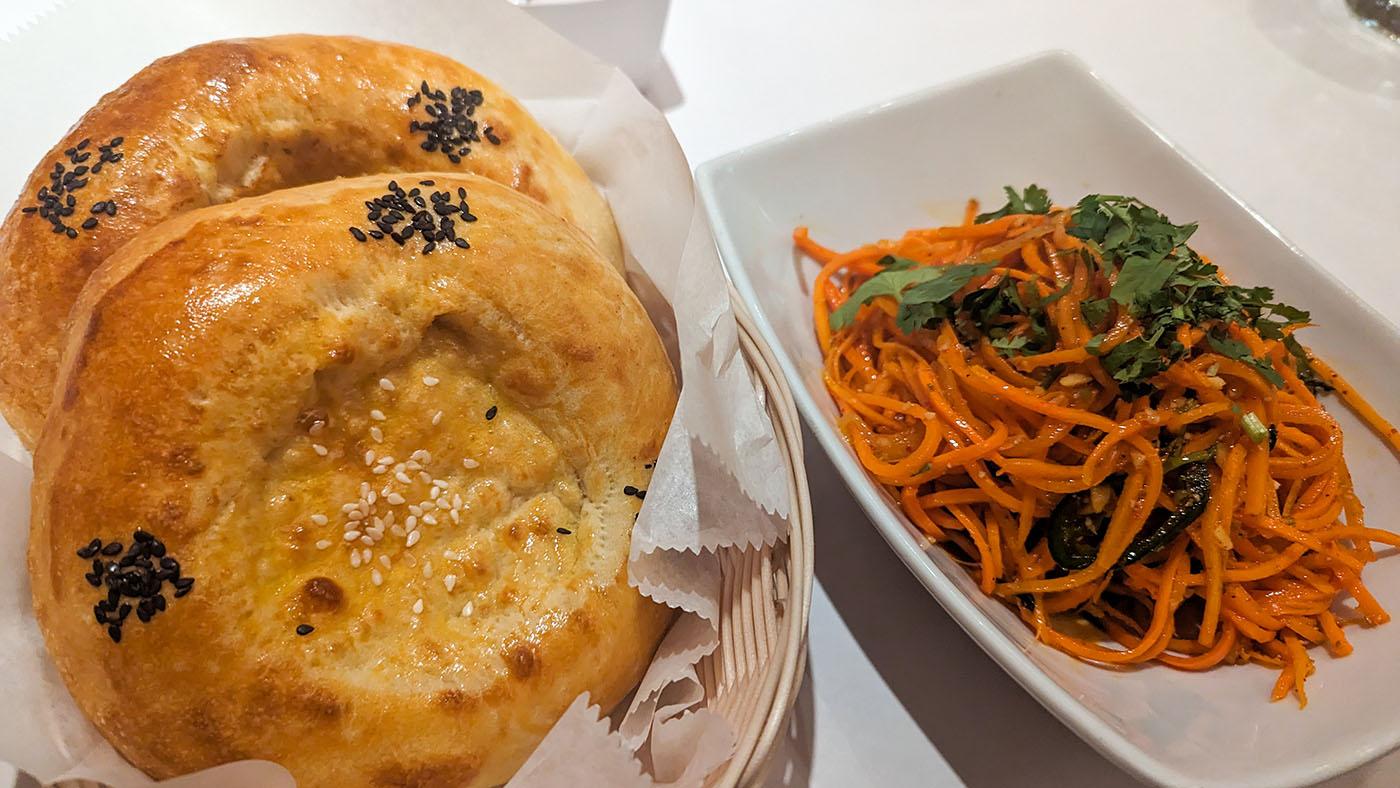
The Chicago area’s incredible variety of international restaurants has expanded over the last decade to include a growing number of eateries that serve Central Asian cuisine. With flavors influenced by the cuisines of Ukraine, Poland, Russia, Persia, India, Afghanistan, and Mongolia, to name a few, a visit to these restaurants can provide a satisfying meal served with a side of history, geography, and anthropology.
Located roughly between Russia, Iran, and China, the geographically huge swath of Central Asian countries – including Kazakhstan, Uzbekistan, and Kyrgyzstan – sits at the crossroads of Europe and Asia, and was once traversed by the legendary Silk Road. That trade route has linked China with the West since Roman times, and has helped define the cuisine of Central Asia. The nomadic tribes and settlers who lived in the vast Central Asian steppes picked up cultural and culinary influences from their neighboring lands and the invaders who passed through, developing their own regional dishes.
Anyone with a taste for hearty, homestyle food and an adventurous spirit can undertake a tour of such dishes here in Chicago. None of the several restaurants we visited in our tour offer just the foods of one particular country, and we particularly enjoyed comparing different versions of the same food from place to place.
The overlap between Kazakh, Uzbek, and Kyrgyz dishes, plus the addition of distinctly Eastern and Western menu items and delights from traditions we think of as Polish, Turkish, Persian, Ukrainian, and Russian, adds interest and variety to an already compelling sampling.
At Ravenswood’s Sweet Moon Bakery, husband and wife Marlen Alchinov and Aigerim Mambetova offer sit-down meals and a packed pastry case full of irresistible sweet and savory baked goods. The pair moved to Chicago from Kyrgyzstan in 2013 and Mambetova began making and selling honey cakes, an elegant layered dessert that appears on the menu of every Central Asian restaurant we visited.
“Baking is my wife’s passion,” says Alchinov, “and it’s part of our Soviet Union/Russian culture. I supported my wife’s vision and we ended up with this business.”
The cake business grew to a full-scale café, where they cook up plates of syrniki, a puffy farmer’s cheese pancake, and bowls of solyanka soup, vibrant with pickles, smoked chicken and sausage, to serve alongside house-made pastries like samsa, a flaky crusted cousin of Indian samosa, and mashed potato piroshki.
“It’s not a traditional menu, it’s more fusion-style,” says Alchinov. “That way all our customers can find something they like – we live in the USA now!”
That’s why Thai-style tom yum soup and Basque cheesecake sit deliciously on the same menu as lyulya kebab and a bright orange tea made from sea buckthorn, a fruit native to Kyrgyzstan.
Bai Café in Roscoe Village is a dumpling wonderland. Pelmeni resemble tortellini filled with chunky meat and potatoes and served in a “red” tomato broth. Manti are fist-sized, pleated ground meat dumplings steamed and served with sour cream, while vareneki are mashed potato-filled crescents that recall Polish pierogi. There are even noodles that are dumpling-like: oromi is a handmade noodle in the shape of a big, fat donut that is stuffed with fillings.
The pleasantly low-key Bai Café is owned and run by a shy young couple from Kyrgyzstan. On our visit, a regular customer described her own family’s favorites: lagman, a beef dish with hand-pulled noodles; plov, a traditional Uzbeki rice dish (also known as osh) with “fresh salad” on top, and ayran, a house-made yogurt drink. As at Sweet Moon, you can find flaky samsa topped with nigella seeds available to take home for later.
Jibek Jolu has been welcoming guests since 2010 at their Lincoln Square location and have since opened spots in Glenview and Naperville. You can start a meal with fresh and vibrant versions of Ukrainian borscht and red lentil Soup, served with lepeshka, a soft, round Uzbeki bread.
As at Bai Café, there is plov and manty (spelling vary) – but also a Georgian dish of crisp chicken tabaka. We asked General Manager Alina Akhmetshina about this border-hopping menu.
“In the beginning, we focused on offering a traditional, very limited menu,” she says. “As time went on, we recognized the need to adapt and embrace a more diverse range of culinary experiences. We expanded our menu to include dishes from various cuisines around Eastern Europe as it was integrated with our culture throughout our long and rich history. With Kyrgyzstan being a post-Soviet nation, we decided to highlight other nations from the area such as Georgia, Ukraine, Armenia, and others.”
She taught us about the subtle differences between the neighboring countries’ foodways. Jibek Jolu’s Kyrgyz owners feature lots of lamb and beef on the menu, with onions, carrots, and spices, as is the custom throughout Central Asia, in Kyrgyzstan often paired with wheat based noodles a wrapper or accompaniment.
“Kyrgyz cuisine has more influences from nomadic traditions and includes dishes like beshbarmak (boiled meat and noodles) and kymyz (fermented mare's milk), while Uzbek cuisine has more influences from Persian and Russian culinary traditions and includes dishes like plov and lagman,”Akhmetshina says.
It seems that new Central Asian eateries are popping up every day in the Chicago area, such as Tary Coffee, a coffee house in Streeterville that serves up traditional Kazakh-style porridges, bakery items, and hot beverages. The cafe’s namesake ingredient, a millet imported from Kazakhstan, gets ground and fashioned into pastries, coffees, and even ice cream. Anor 1985, located in Lincoln Park, advertises Eastern European, Uzbek, and Central Asian cuisine, and offers halal meats in a variety of kebabs, dumplings, and soups in a comfortable, neighborhood space. The year-old Arzan Cafe in Albany Park also serves 100% halal meats and sells them, plus many other Central Asian ingredients and staples, at their market next door. Tandoor Samsa in Buffalo Grove and Sorry Mommy in Rolling Meadows present their Central Asian halal favorites to the growing suburban population of immigrants from the region.
Akhmetshina, who is helping to open the newest location of Jibek Jolu in Des Plaines next spring, is excited about the boom in such eateries.
“Witnessing the growth of the Central Asian community in Chicago has been a personal joy as well as a professional one,” she says. “We are glad to see new restaurants opening to carry on with a legacy of serving unique and flavorful food from Central Asia.”

